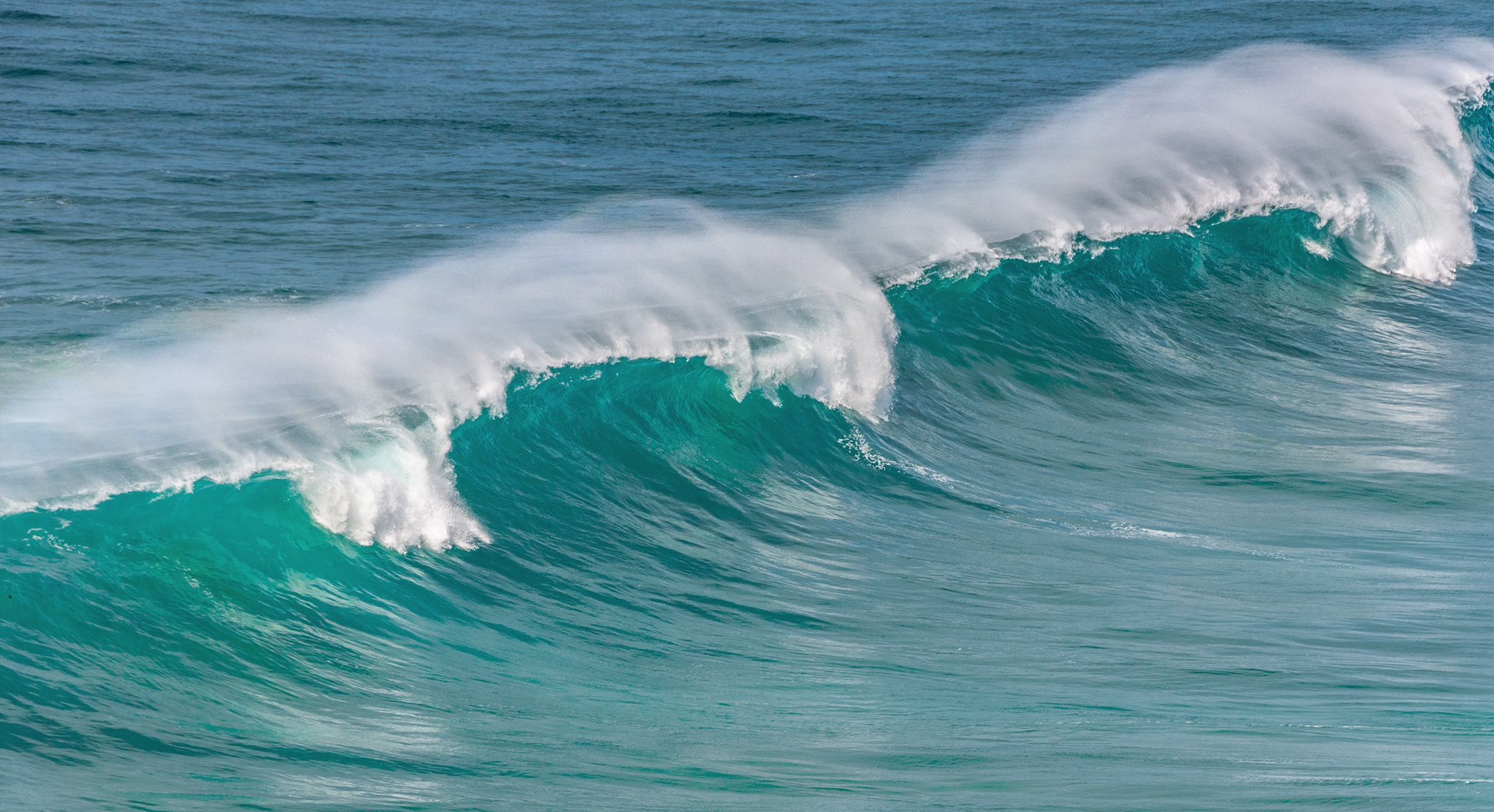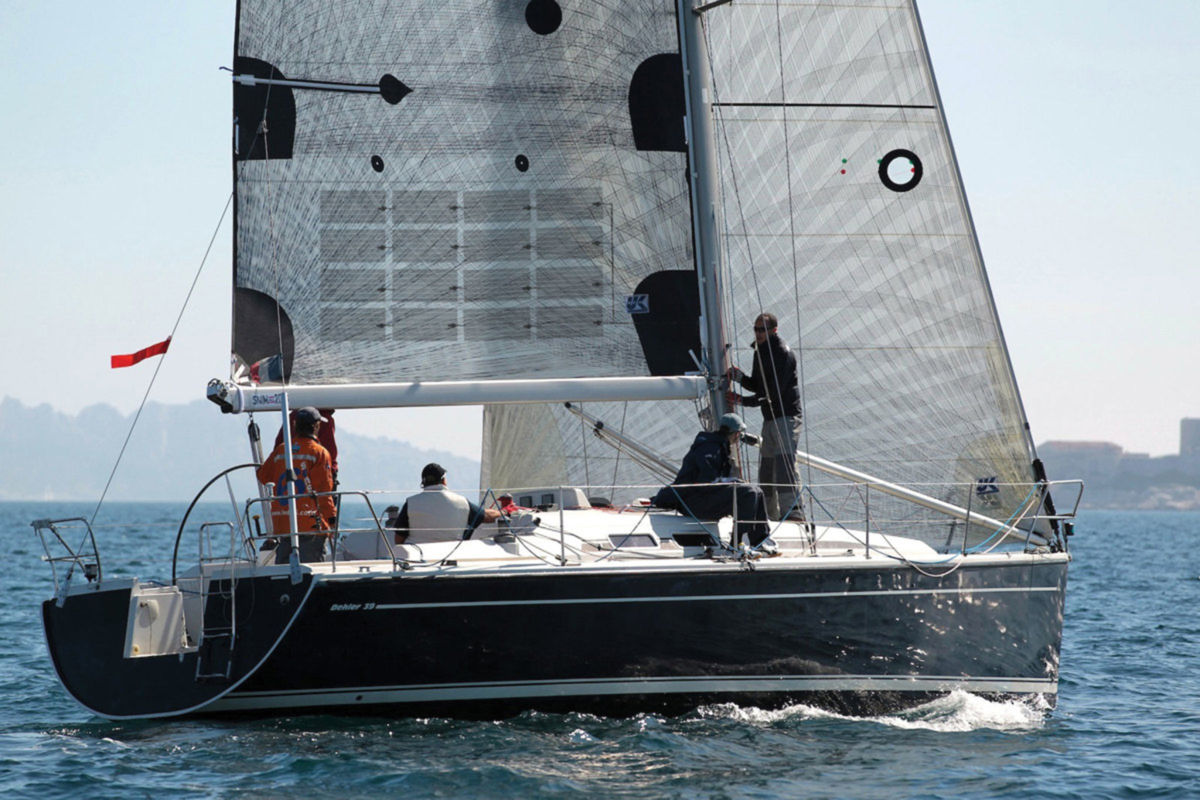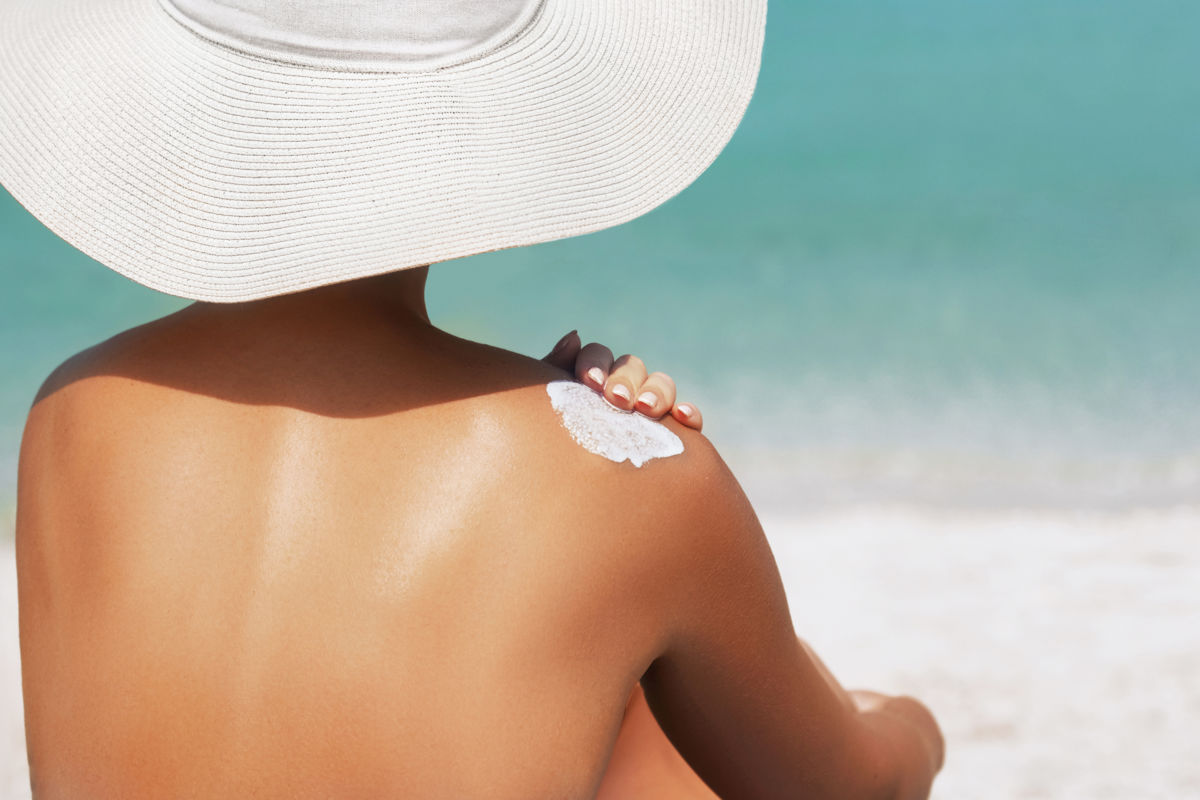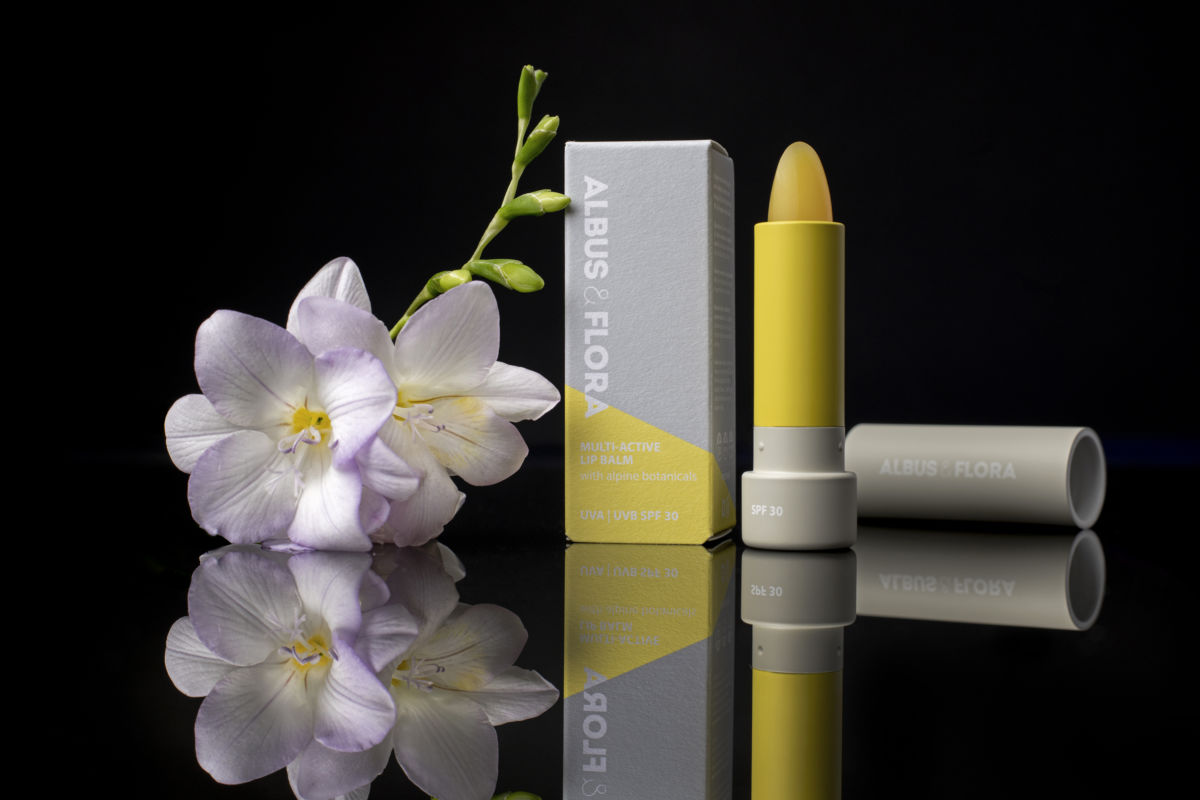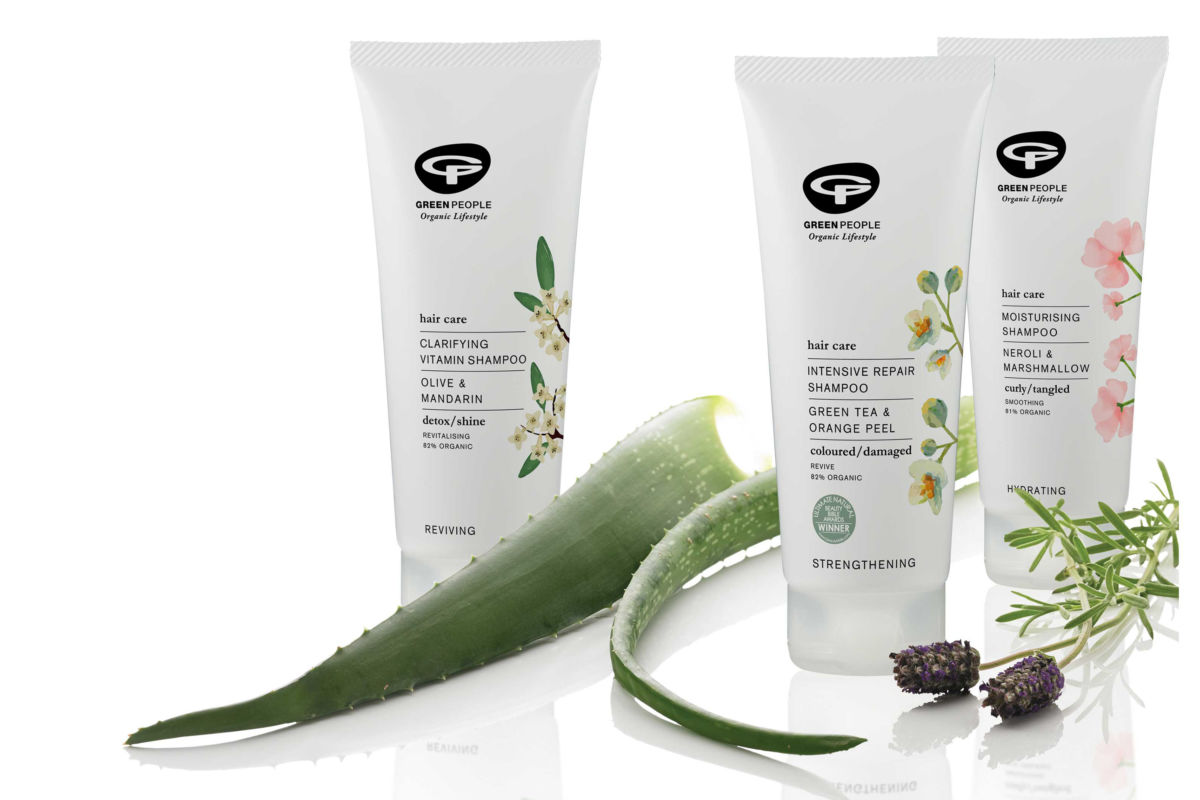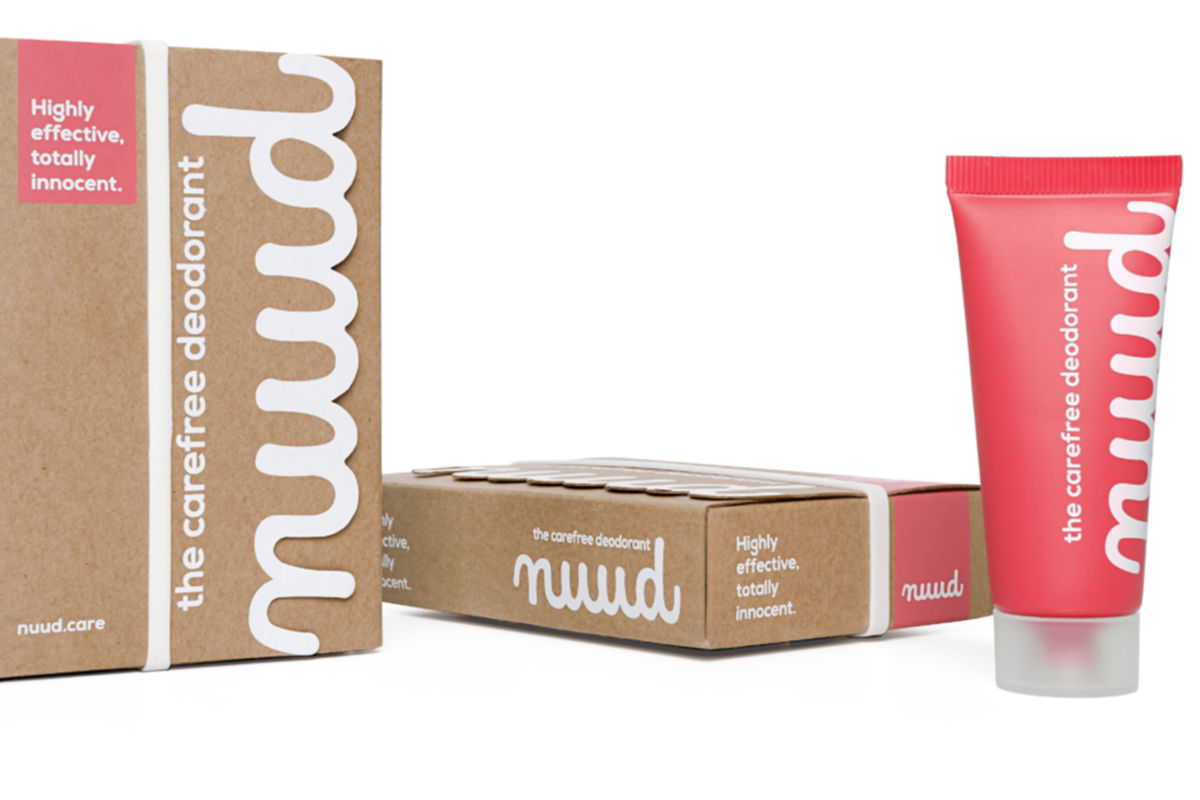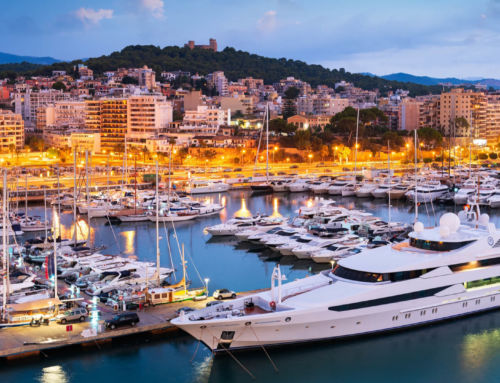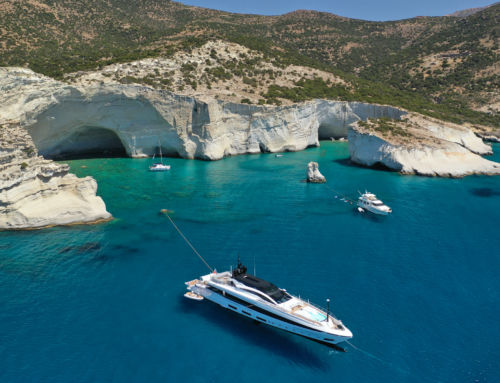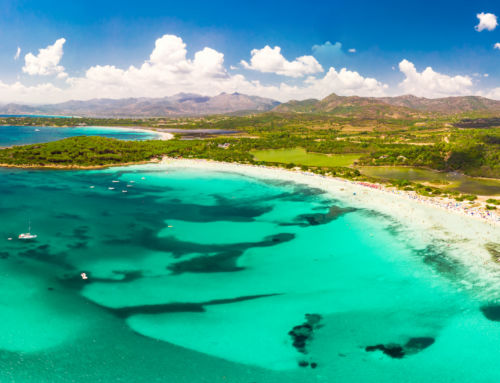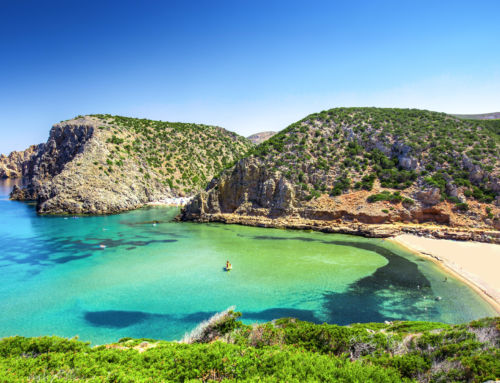Owners, crew and guests are becoming increasingly eco-conscious about the yachts they are chartering and also the products used onboard.
Guests are not only looking for impeccable service and luxurious onboard surroundings, they are also keen to reduce their carbon footprint at sea and ensure their charter is green in order to preserve the natural beauty of the ocean for the next generation.
Most superyachts are doing their bit when it comes to minimising plastics; buying local food rather than importing it, recycling and doing sustainable swaps where possible. Some, however, go the extra mile when it comes to ‘going green’.
Something pretty new to the industry is integrating solar panels into the sails! The UK Sailmakers group developed an eco-friendly line of sails first, known as Titanium Blue, which eliminated the plastics in the sail by replacing the polyester and mylar with cellulose-based film and swapping out carbon yarn with yarn made naturally from basalt, but then decided to go one step further by adding solar panels.
(photo from www.sailmagazine.com)
Another option some of the bigger yachts are going with is putting less soap into wash down systems. Again, not cheap but it will make a big difference if enough yachts participate. There is a new system they can change to which uses distilled water, a much smaller amount of bio cleaning solution and less water as the boat doesn’t need rinsing and dries streak free!
But how can you help with the smaller swaps on your charter?
As well as planting a couple of trees, there are other small things in your power to change during or in preparation for your charter holiday to help the environment!
Sun cream
With summer in full swing, many of us are enjoying days on the beach and getting in some much-needed vitamin D.
Studies have found sun cream chemicals in many popular products are harmful to reefs and algae. The main chemical culprits are oxybenzone and octinoxate, which convert sunburn-causing UV rays into harmless heat on human skin.
Here is some reef-safe sun cream that is both kind to your skin AND the environment!
A make-up bag essential!
Albus and Flora lip balm make it beautifully simple to fit UVA and UVB protection into your daily routine. Contains high-performance sun protection designed for every day. The botanical ingredients help the skin become more resilient and able to respond better to environmental change.
They have replaced artificial chemicals with natural alternatives without compromising quality or performance. Having actively avoided petrolatum, mineral oil, parabens, silicones and sulphates to name just a few, it is the perfect eco lip balm solution!
Check out some more ocean-friendly beauty products from Boat International, here!
Shampoo, Conditioner and other detergents
Make sure that your grey tanks (waste water) are not being pumped out at sea! Studies are showing that they are more harmful that the black tank and it is now recommended that both are only pumped out at proper stations in port, rather than at sea. The reason being, the grey tanks contain harmful chemicals and detergents.
It’s now very easy to swap shampoos and other similar products, for organic alternatives or soap bars. There are lots of options on the market such as LUSH or GreenPeople . They last up to three times longer than normal shampoo bottles, so remember to get one with a reusable tin for traveling.
Deodorants
A must-have cosmetic for every age group, but very unfriendly to the environment. With a growing market of eco-deodorants, many say they smell good, but don’t last long. We would recommend Nuud Care which is completely harmless to the planet with no aluminium, no parabens, no propellants or artificial fragrances.
Their packaging is made out of bamboo, and the deodorant tube itself is made out of sugar cane. You can go one step further and buy a deodorant stone or crystal made of mineral salts.
(photo from www.nuudcare.com)
Clothing
Much of our clothing these days are made from a blend of synthetic materials which are increasingly made from recycled plastics, and companies are becoming more aware of the environmental responsibility they need to take on. Take Patagonia for example, who have an incredible vision to protect and preserve the environment through their business of clothing.
A secondary issue has risen from this though. Each time clothes are washed, they release micro-plastic fibres which in turn, end up in our oceans. One way to manage this is to be more considerate in the washing process. Luckily, Gubby bags, a scientifically proved solution against microplastic pollution from washing, are now available to prevent this issue. Simply pop your clothes in this travel-easy bag, and it will reduce the fibre shedding whilst also protecting your clothes!

